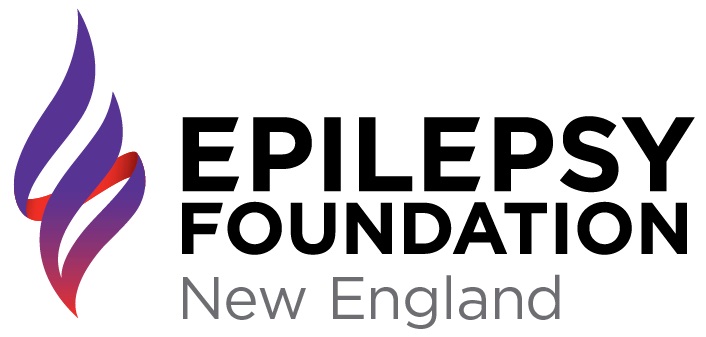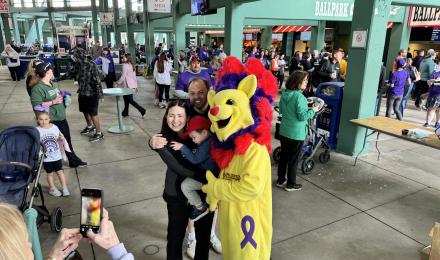Can I Help You?

(*Name changed)
Chanda was at the train station when she noticed an older man who didn’t seem well put together. He was studying the train schedule. She couldn’t help herself, and when she spoke with him, she learned he was on his way to a Boston Hospital – the same one where she gets her care. He didn’t know how to take the train and may not have had the fare. It seemed clear that he didn’t know how to get from North Station to his destination. She was on her way to a business meeting several stops before North Station. She rode the train in with him and got him to his destination. She contacted the hospital social work department. Having learned he is a Veteran, she now knows all the Veteran-serving agencies in his hometown, and they know there’s a Sean. She paid for his fare and she paid for a meal voucher. I’m not sure she’ll ever see Sean again, and yet, I wouldn’t be at all surprised if Sean was seated at our Thanksgiving table.
I’m not sure if she/we were born this way or learned it along the way. When you’re living with epilepsy, sometimes you need a hand. Sometimes you need much more than a hand. And when you see Sean – or a Sean– I hope you will join Chanda and my family and ask, “Can I help you?” So, so often, I see Chanda and hundreds in our community, asking, can I help? A shoulder, a shared story, advice, information, and so much more. Can I help you? It’s a core value of my family and Epilepsy FoundationNew England.
Thank you for being part of our community.

